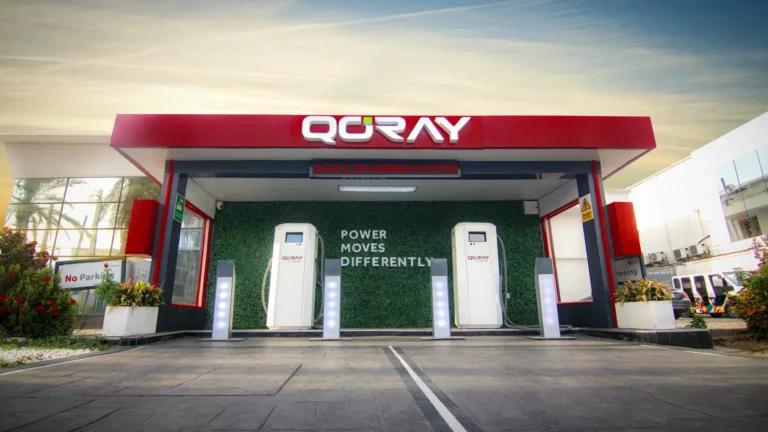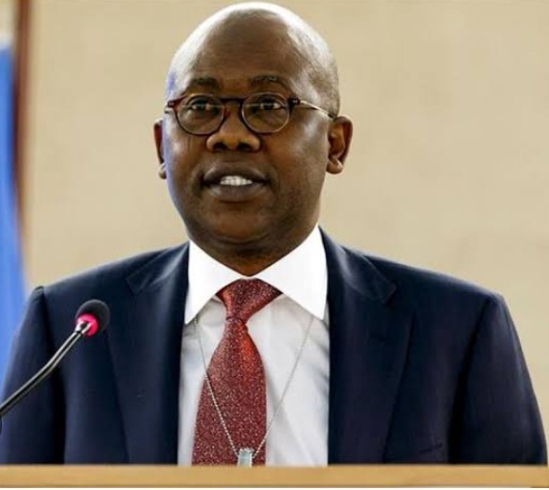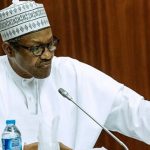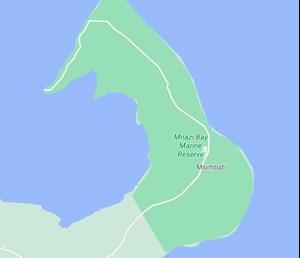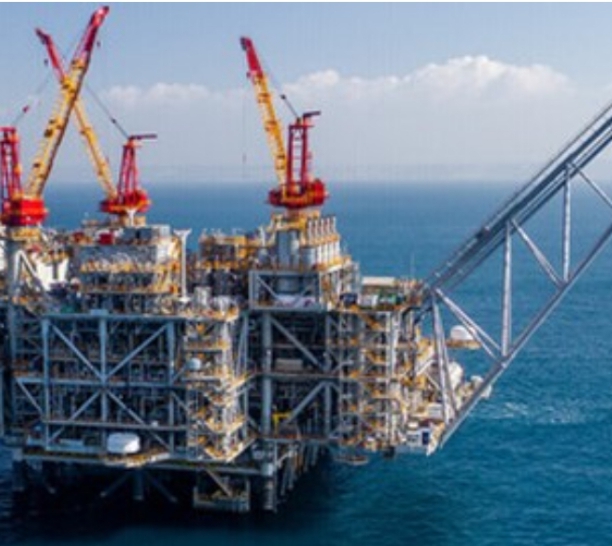Full-year 2018 results from Seplat Petroleum Development Co. the indigenous oil and gas company dual-listed in Lagos and London, may have encouraged some investors that the Nigerian energy sector is turning the corner.
Standard & Poor’s in January upgraded Seplat to B in anticipation of improved results. While profit was hurt by deferred tax, revenue increased by 65 percent and the company had a net cash position of $135 million at the end of 2018. Dividends were reinstated in 2018.
According to The Africa Report, the results were underpinned by a return to normalcy at the Trans Forcados Pipeline, which transports oil and gas from Seplat’s fields in the Niger Delta to the coast. The Shell-operated pipeline was hit by a force majeure in 2016-17, but uptime rose to 85 per cent in 2018, and the state-owned Nigerian Petroleum Development Company (NPDC) finally delivered its overdue payments.
Meanwhile, indigenous Nigerian producer Oando, dual-listed in Lagos and Johannesburg, is targeting an additional 50,000 barrels per day (bpd) production over the next three years. This which would more than double total production from 2018 levels to 90,000 bpd. Nigeria aims to increase oil production to 2.5m bpd by 2020.
Expectations for improved oil prices provide a tailwind for meeting that goal. Yann Alix, head of Ashurst Africa in London, points to a consensus among US analysts that 2019 prices for Brent and West Texas Intermediate will be at $67 and $60, respectively, rising to $68 and $63 in 2020.
“This represents better news for producers worldwide, and particularly indigenous Nigerian producers,” Alix says. Higher prices will enable them to service debt more easily, he says.
So are better times ahead?
Fiscal clarity needed
In its Outlook for Producer Economies 2018, the International Energy Agency (IEA) argues that Nigeria is among oil producers that face major hurdles in bringing sufficient investment to their upstream sectors. The IEA cites a “difficult” Nigerian investment climate and relatively high-cost resources.
Concerns over corruption in the Nigerian oil industry were highlighted on 1 March when Reuters reported that Dutch prosecutors are preparing criminal charges against Royal Dutch Shell over its $1.3bn acquisition of Nigerian offshore oilfield OPL 245 in 2011.
Nigeria in February demanded foreign oil and gas companies to pay nearly $20bn in taxes it says are owed.
According to a report from Afrinvest in January 2019, deepwater exploration in Nigeria has slowed considerably due to the fiscal uncertainty caused by the failure to pass the Petroleum Industry Bill (PIB), first drafted in 2008. Without fiscal clarity, exploration will not be a priority, Afrinvest says. The firm argues that the pipeline of major projects is “very weak” and production is set to start declining after 2020, despite significant potential for growth.
Many large-scale investment decisions, especially for capital-intensive deepwater projects, are being held back by a lack of clarity in aspects of the bill, including those dealing with taxes and royalties: their final shape will be a critical determinant of Nigeria’s production outlook, the IEA says. Improvement in sector regulation will only underpin an upturn late in the 2020s, according to the IEA.
Alix says that President Muhammadu Buhari’s refusal to assent to the bill “may well continue given his second term in office”. This lack of clarity “may cause concern” for international oil companies in Nigeria.
Scientific studies show a correlation between transparency in host country fiscal systems and policies with foreign direct investment inflows, says Harriet Okwi, an African energy consultant with Okwi & Partners in Paris. “This is perhaps truer in the oil and gas upstream sector”, she says, as the life cycle of upstream oil and gas projects is typically very long, and profitability hinges on fiscal transparency and stability.
Okwi does not see any concrete signals that a re-elected Buhari administration will expedite the passage of the PIB and sees the late 2020s as a reasonable timeline for all the four components of the PIB to be passed.
However, Nigeria needs to take advantage of a benign price background to achieve fiscal and regulatory clarity in oil and gas. The problems will be harder to fix if prices start falling again.

